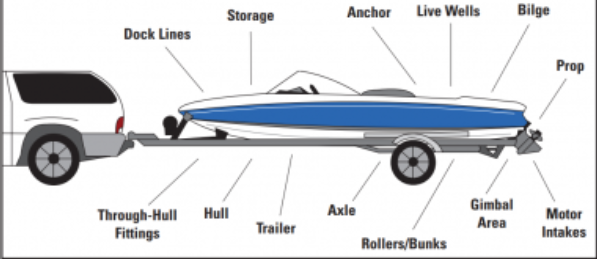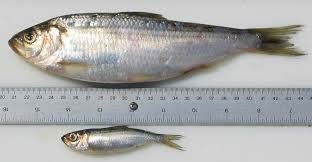
Let's Keep Invasives Out of Beech Hill Pond!
Boat Landing Inspections

Always remove all plants from your canoe, kayak, boat, trailer, oars/paddles, fishing gear and anchor when going in and out of a body of water. Dispose of any plants in the trash – not onto the ground. Let your watercraft dry. More details can be found in State of Maine Courtesy Boat Inspector Handbook. Before bringing your watercraft into BHP please:
- Look for hitchhiking plants anywhere on the boat/kayak/canoe and trailer where they could be caught by rough edges
- Clean off any mud, plants (even small fragments), and animals from boats, trailers and equipment (including fishing gear)
- Drain boat, live well, engine and equipment away from water.
- Dry anything that comes into contact with water. Let the watercraft dry.
- Never leave waters with live fish, or release plants or animals into a body of water unless they came out of that body of water.
We are fortunate that Beech Hill Pond has not experienced invasive plants such as variable leaf milfoil or Eurasian watermilfoil. Let's keep it that way!
Reporting Suspicious Plants
Should you find plants that you fear are invasive, please contact us as soon as possible. The BHPLA or a Lake Stewarts of Maine (new name for VLMP - Voluntary Lake Monitoring Program) certified Invasive Plant Monitor will follow up with you.
Infestation will reduce water quality, and thus impact recreational use of the lake and reduce lakefront property values. Eradication of invasive milfoil is difficult and expensive, costing some Maine lakes $30,000 to $40,000 per year.
And please make sure to educate visitors and guests to your camp regarding ways they can protect the lake from invasive plants and fish. Don't assume they know anything about invasives and unwittingly introduce them!
Introduced to Beech Hill Pond
Although invasive plants have not been introduced to Beech Hill Pond, unfortunately, a recent introduction of Landlocked Alewifes has been discovered and the possibility of eradicating them is slim. It appears we are stuck with them and can only wait and see if they have a negative impact on our great fishery.
If you come across them, please let us know so we can begin to monitor the growth of the population.
